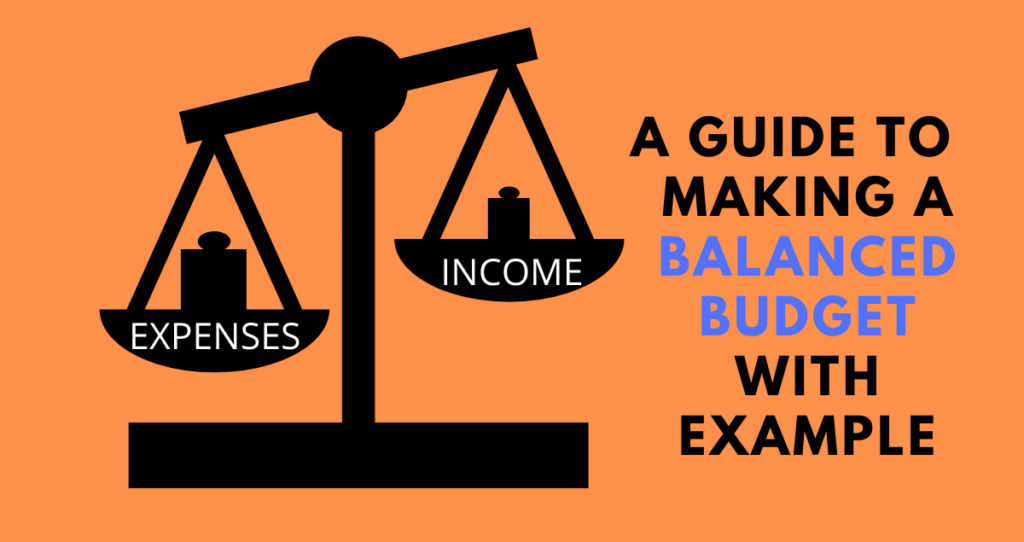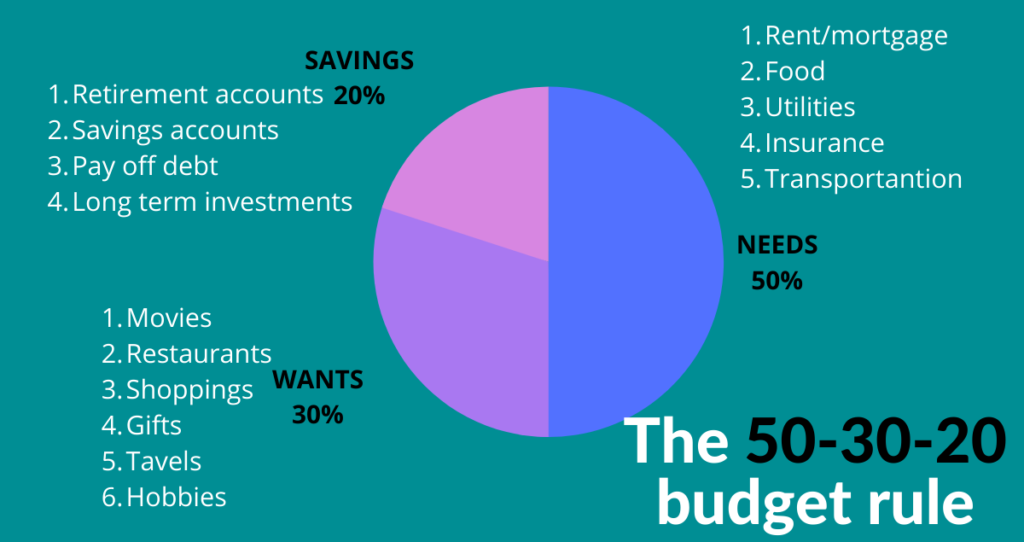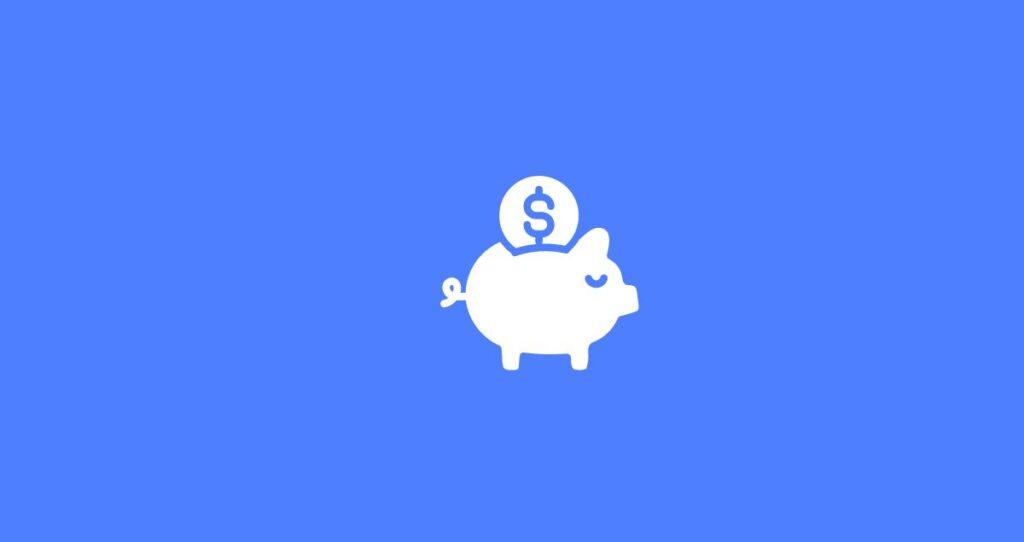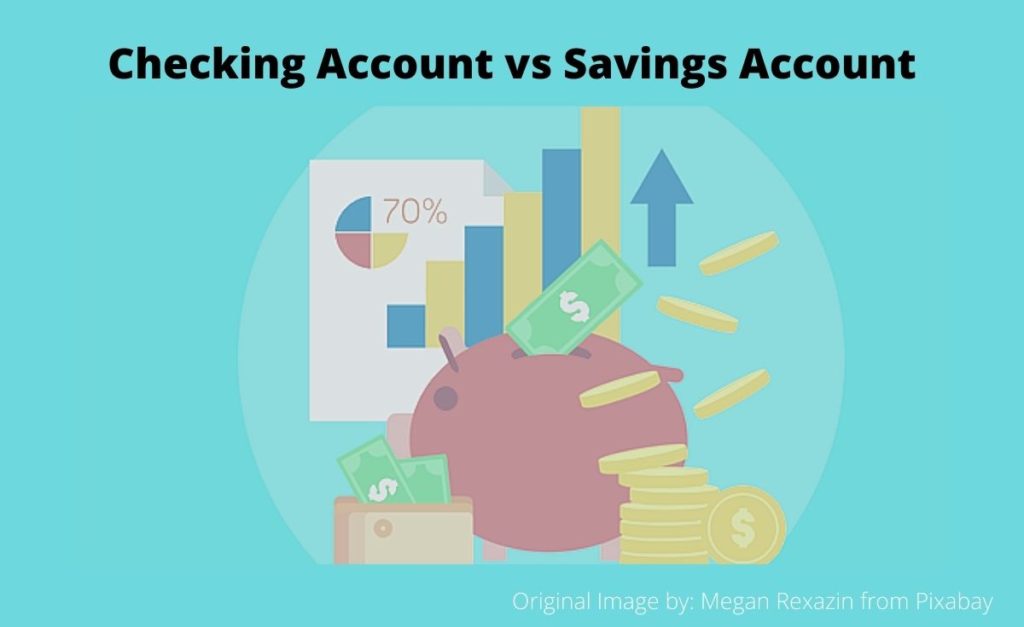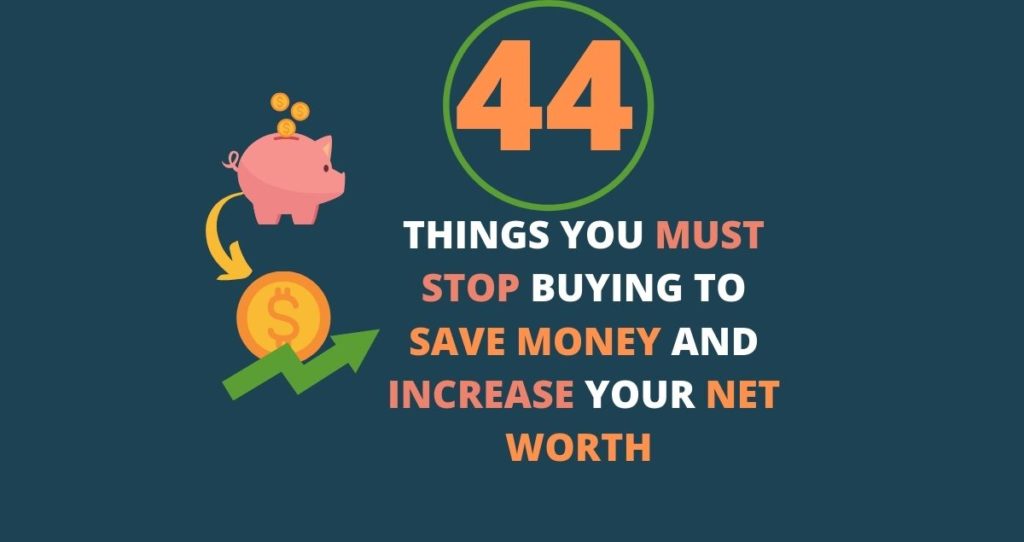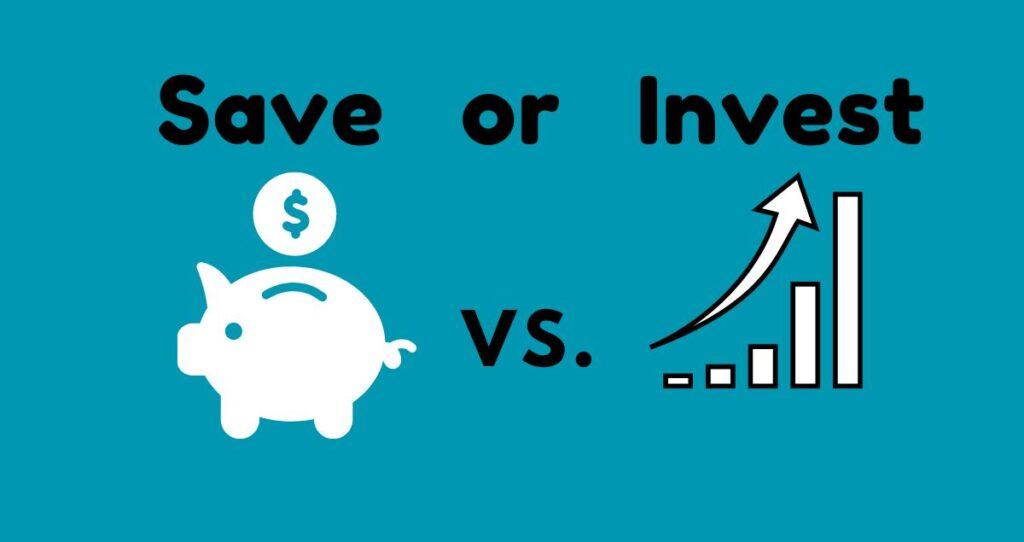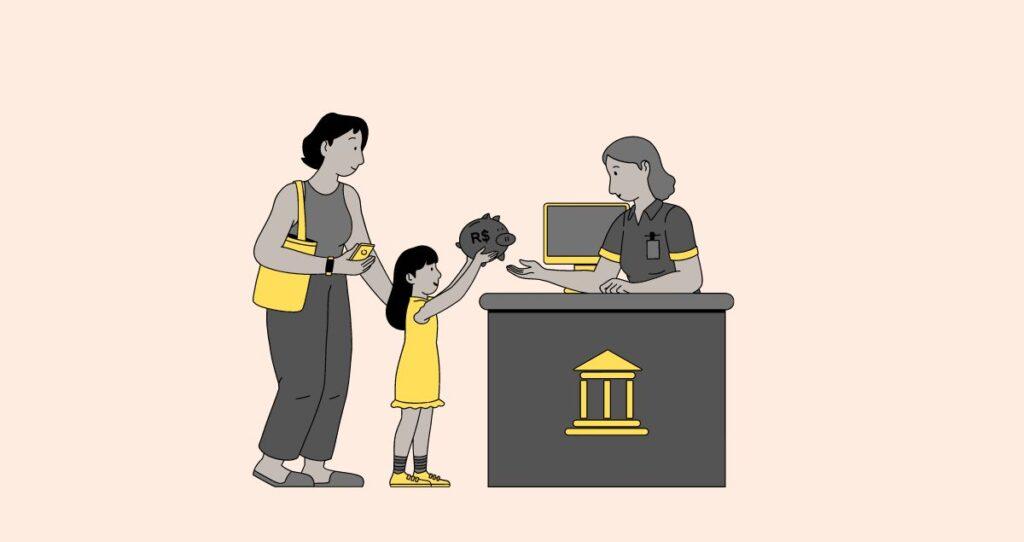A balanced budget is a budget where your total expenses are equal to or less than your total income. This budgeting system also applies to businesses where business expenses are equal or less to revenues. When expenses are less than revenues, it creates a surplus.
If a business is spending more money than it is making, it is an indication that it is borrowing more money to cover its operating expenses. This is known as having a deficit for that period.
You can also use a balanced budget to analyze the health and performance of a country. For example, the data from the DATA LAB (USspending.org) shows that since 2001, the Federal Government had a surplus once which was in the year 2001. In other words, the Federal government was in deficit every year since 2002 and the trend went higher as the economic conditions worsened.
A balanced budget can have two forms
(1) The total expense is equal to the total income: When this happens, the difference between your income and expense will be $0. In other words, you are not saving any money because everything you make ends up in the pocket of others. At the same time, you are not going over your budget. That is as long as your expenses can be covered by your income, you will not borrow extra money. The problem with this budget is that unplanned expenses can easily put you in a financial crisis.
(2) The total expense is less than your total income: The difference between your total income and expense is greater than $0. In other words, you are saving money. It is a good idea to always have a budget that allows you to save money. This is known as having a surplus. You can save the surplus for future projects or for emergencies.
How does a balanced budget work?
In order for a budget to be balanced, your expenses should not be greater than your income. Your job is to watch all your expenses and adjust them as you go to make sure that their total will be lower or equal to your total income. Individuals and businesses can benefit from a balanced budget.
As a business, for example, you can compare your projected expenses and revenues and make a budget that balances both. With this budget, you will avoid getting into debt to cover unnecessary expenses. The budget can also help you cut down expenses ahead of time to avoid future financial hardships.
How to make a balanced budget?
In order to make a balanced budget, you will follow similar steps used to make regular budgets. The only difference is that you will make sure that your total expense is lower or equal to your total income.
Use the following steps to make a balanced budget.
- Calculate your total income: Most people have one income that comes from they 9-5 jobs. If you have more than one income such is dividend income, royalty, interest, bonuses, etc., add them together to calcuate your total income.
- Calculate your total expense: Your total expense is the sum of all of your expenses. Anything that takes money out of your pocket is an expense. Some of your expenses will include your mortgage payment or rent, food, entertainment, travel, transportation, medical, etc.
- Calculate the difference between your total income and total expense
If the difference between your income and expense is equal to $0; you will be spending exactly what you make. In other words, you are not saving any money and this is a risky situation.
If the difference between your income and expense is greater than $0, it will go good news. What it means is that you are spending less than you make. As a result, you will be saving money.
On the other hand, if the difference between your income and expense is less than zero, you will be spending more money than you make. This is a risky and bad financial habit that you must avoid at all costs. Spending more than you are making is never a good idea. To balance your budget, you will need to cut down some of your expenses and make sure that you do not spend more than you are making.
Example of a balanced budget
Let’s assume that your total income every month is $5,000. Your job, in this case, is to make sure that your total expenses for the month do not go over $5,000. Now that you know your total income, you don’t need to do much on the income except add up your expenses. Next, you will calculate the difference between your total expense and your income. Refer to the table below for more details.
| Total income | $5,000 |
| Total expenses | $4,600 |
| Difference between income and expenses | +400 |
From the table above, you can see that every month you are saving $400. If the difference between this income and expense was less than zero, it would indicate that you are spending more than you make. For this reason, an adjustment to your expenses would be necessary to bring your expenses lower than or equal to $5,000.
What are the benefits of this budget?
A balanced budget has a lot of financial benefits that somehow surpass the ones of a normal budget. That is you get to enjoy the benefits of a normal budget and much more.
The most important benefit of a balanced budget is to make sure that you do not spend more than you make. Millions of people are struggling financially because they keep spending more than they make. With a balanced budget, you will never have to follow in their footsteps.
A balanced budget is designed to keep you in check and have you adjust your expenses when necessary to keep them equal or lower than your income. Of course, having expenses equal to your income is not a good idea. But, at least you are not borrowing to cover some of your expenses.
The benefit here is that instead of borrowing money to cover expenses above your income; a balanced budget forces you to get rid of those expenses.
